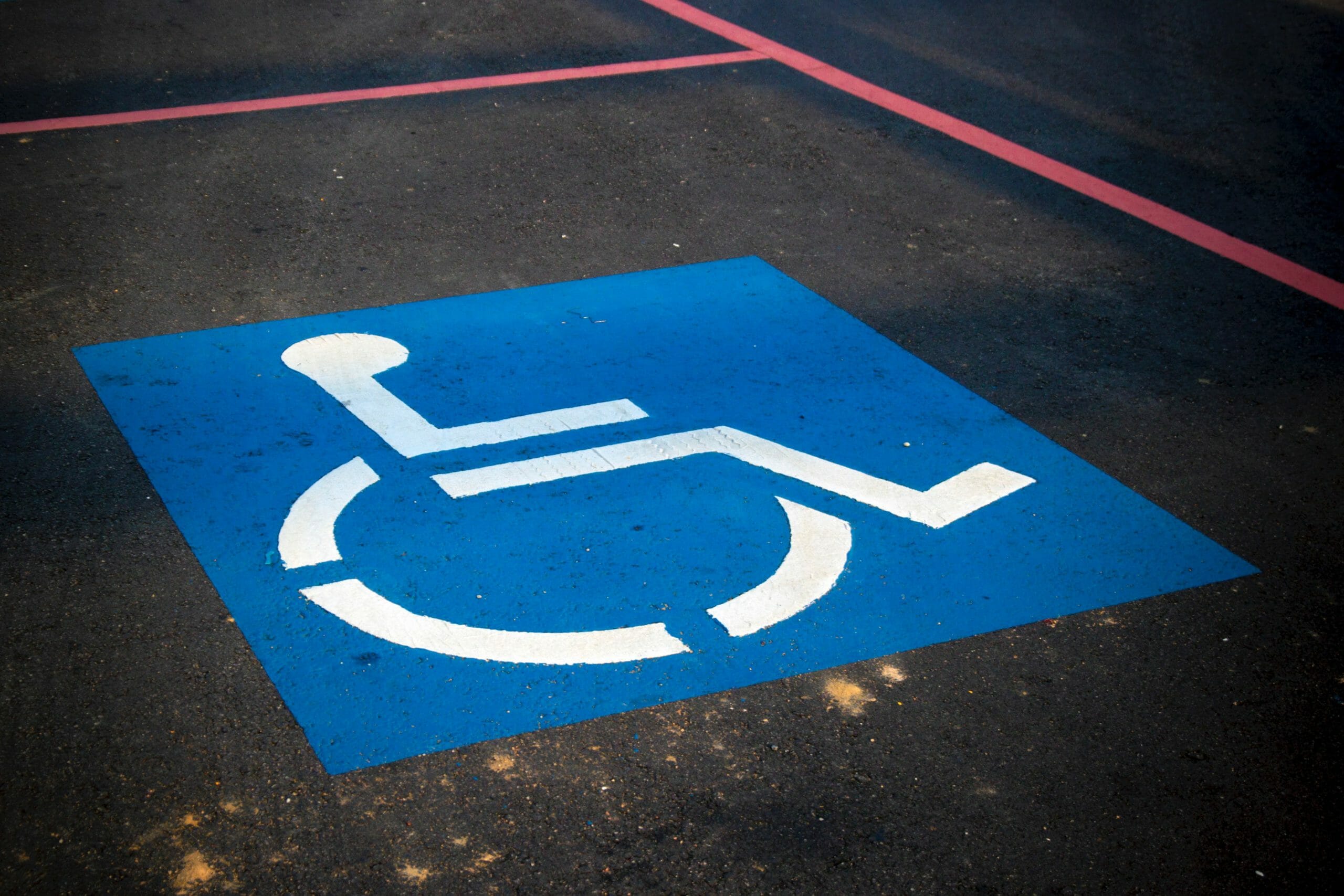
Photo by AbsolutVision on Unsplash
How the disability community can respond to COVID-19: Ensuring people with disabilities can access prescription drugs during the current crisis
Ari Ne’eman and Kit Albrecht
March 17, 2020
Many people with disabilities are at increased risk of serious or fatal complications from COVID-19 (coronavirus). In an active community outbreak, the safest option may be to self-isolate at home, perhaps for weeks or longer. In order to prepare for this possibility, the Centers for Disease Control and Prevention (CDC) is currently recommending that people at high risk stock up on necessities, including maintenance prescription medication.
Unfortunately, many people with disabilities can’t take this advice because of insurance restrictions. Insurers typically refuse to cover refills on 30-day prescriptions until only three to seven days of medication remain. For certain controlled substance prescriptions, patients may be legally unable to fill a new prescription until the date that the previous prescription is scheduled to run out.
These coverage restrictions could leave many disabled people in danger. Visiting the pharmacy can be risky for some people with chronic illnesses in even a normal flu season. Some people with disabilities may also face logistical challenges in getting to the pharmacy if in-home support services become disrupted due to a local COVID-19 outbreak. While many people can use mail order pharmacies to avoid this risk, localized outbreaks and social distancing measures may disrupt supply chains. We cannot stake our lives on the assumption that the availability of medications will remain stable in the coming weeks and months. We need to be able to stock up now, as the CDC recommends.
Disrupting treatment always endangers patients, but even more so in a pandemic. COVID-19 is expected to heavily tax the resources of the health care system. The need for inpatient treatment will likely exceed capacity in many communities. Even outpatient clinics are likely to have a high number of patients seeking treatment for COVID-19 symptoms, making avoidable visits risky for those more vulnerable to complications. Additionally, patients whose chronic conditions are destabilized are in danger of becoming more severely ill if they are infected with COVID-19.
Fortunately, a few insurance companies have taken measures to protect patients. In both Massachusetts and North Carolina, Blue Cross Blue Shield has waived early refill limits on 30-day maintenance prescriptions. Recognizing that most of us cannot simply wait for our insurers to behave responsibly, the Washington state insurance commissioner issued an emergency order requiring insurers operating in the state to cover early refills. On March 10, the Center for Medicare and Medicaid Services issued guidance to Medicare Part D plans reminding them of their ability to relax restrictions on early refills and lift barriers to obtaining prescriptions from out-of-network pharmacies.
While these emergency policies still fail to provide sufficient protection for many people with disabilities taking prescribed controlled substances, they offer significantly more protection than the status quo.
To further safeguard access to treatment, there are some additional changes beyond allowing for early refills to standard insurance policy practices that would be beneficial. These include relaxing restrictions on prescription fills at out-of-network pharmacies and offering coverage of non-formulary drugs if supply chain issues leave patients with no available formulary options. Widespread adoption of such policies would go a long way toward protecting the lives of people with disabilities in the COVID-19 crisis.
Now is the time to reach out to your state’s insurance Commissioner to urge them to follow Washington State’s lead in requiring early refills and to take other measures designed to ensure at-risk populations are able to follow the CDC’s guidance. We’ve prepared a template for advocacy organizations to use to urge their state’s insurance commissioner to take these common-sense measures to protect those most at-risk.
While many states have already required insurers to cover COVID-19 testing and treatment without cost-sharing, insufficient action has been taken to ensure that people with disabilities have access to early refills sufficient to comply with CDC guidance.
You can download our template at this link and adapt it to your organization’s needs. These measures will work best if they are undertaken before an active community outbreak in your area. Since our community includes many of those who are most at risk from COVID-19, we urge disability advocacy groups to make this an area of focus in the coming days and weeks.
If your organization is engaged in advocacy on protecting people with disabilities from COVID-19 or if you have been successful at securing action from your state government, we urge you to share details of that through this form. The American Association of People with Disabilities (AAPD) will be maintaining a page keeping track of advocacy efforts and policy measures to protect the disability community for the duration of the crisis.
Ari Ne’eman is a visiting scholar at the Lurie Institute for Disability Policy at Brandeis and a PhD student in Health Policy at Harvard University. He is a member of the AAPD board of directors. Kit Albrecht is a research associate at the Association for Autistic Community. Used by permission of AAPD.
The views expressed are those of the author and not necessarily those of American Baptist Home Mission Societies.


